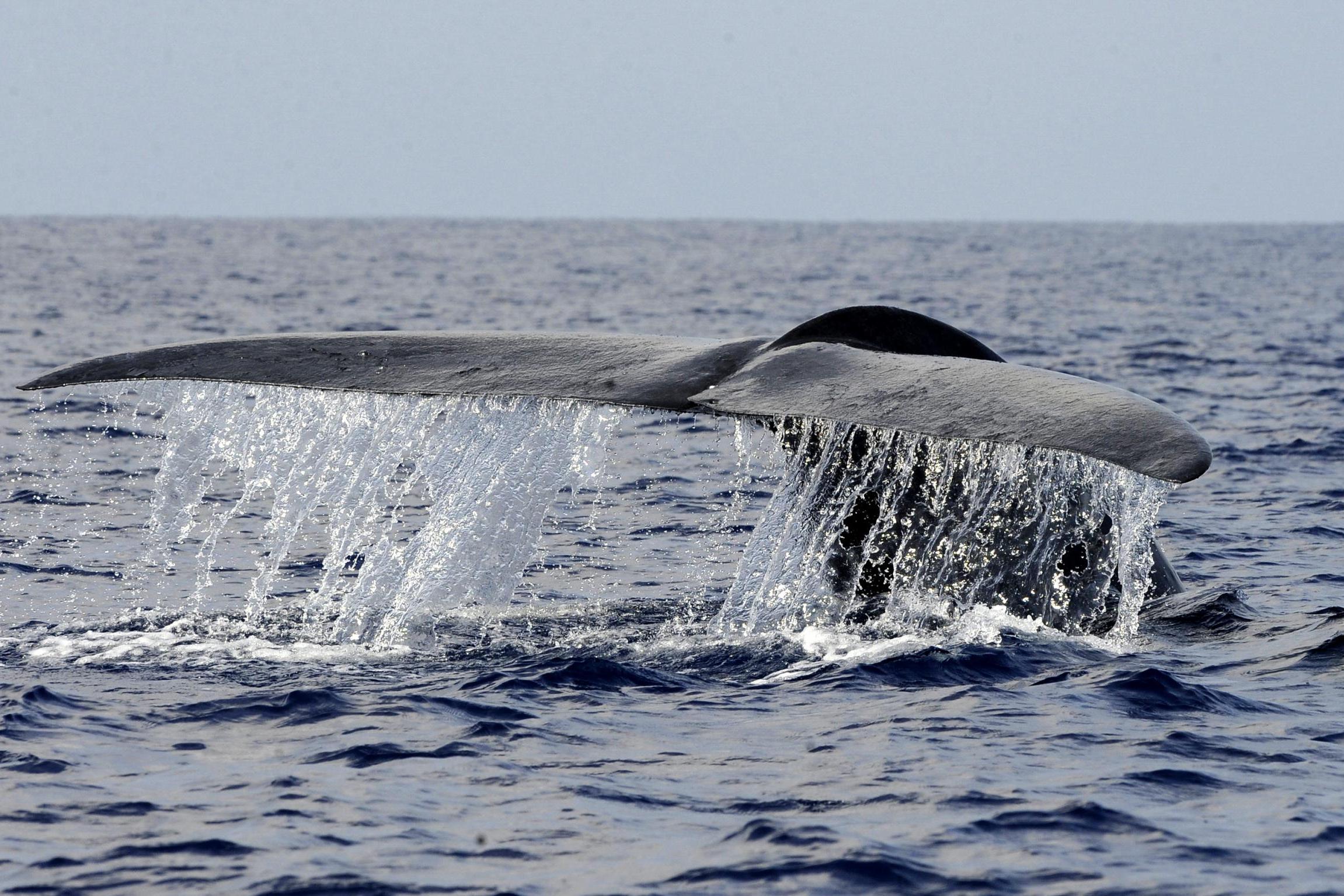Donald Trump administration ends measure to protect endangered sea animals getting caught in fishing nets
The National Marine Fisheries Service says the cost of new measure ‘outweighed the benefits’

Donald Trump’s administration has thrown out a proposal for the protection of endangered whales and sea turtles, even though it was suggested by the fishing industry.
If too many protected species were being caught, the measure would have stopped fishing with drift nets off America's west coast for as many as two seasons.
But the National Marine Fisheries Service said it was not needed.
It would have have had “a much more substantial [economical] impact on the fleet” than originally anticipated, said spokesman, Michael Milstein.
“The bottom line is this is a fishery that’s worked hard to reduce its impact,” he said, adding that the cost of the new measure outweighed the benefits.
Commercial fishermen's nets can measure up to a mile long and endangered species were reportedly being caught up in them off the coast of California and Oregon.
So the industry’s Pacific Fishery Management Council made the proposal to stop their use in 2015.
It applied to less than 20 fishing vessels, who began implementing the measure the following year under former President Barack Obama.
Catherine Kilduff, a lawyer for the Center for Biological Diversity conservation group, said the scrapping of the proposal was one of the first ways the Trump administration had targeted endangered species in Pacific waters.
These included fin, humpback and sperm whales, short-fin pilot whales and common bottlenose dolphins. Some of these species have reduced to the hundreds. For a group of humpbacks, there are only 411 whales left.
Leatherback sea turtles, olive-ridley seat turtles and green sea turtles were also affected.
"The Trump administration has declared war on whales, dolphins and turtles off the coast of California," Todd Steiner, director of the California-based Turtle Island Restoration Network, told the LA Times.
"This determination will only lead to more potential litigation and legislation involving this fishery. It’s not a good sign."

Under the proposal, if any two endangered whales or sea turtles are killed or seriously hurt within a two-year period, the gill net fishery would be closed for up to two years.
If any combination of four short-finned pilot whales and bottlenose dolphins were seriously injured or killed within a two-year period, the practice would also be shut down.
Yet Mr Milstein pointed to a federal study which found that endangered whales that were killed or injured in nets declined from more than 50 in 1992 to one or two per year by 2015.
The number of harmed dolphins and turtles also declined dramatically, but the statistics were disputed by some campaigners.
The Marine Mammals Protection Act still applies and protected areas off the West Coast have been set up which do not allow gill-net fishing.
Ms Kilduff responded that even though the numbers of deaths had reduced, any incident was still extremely significant given the low numbers of some species.
Agencies contributed to this report.
Join our commenting forum
Join thought-provoking conversations, follow other Independent readers and see their replies
Comments
Bookmark popover
Removed from bookmarks